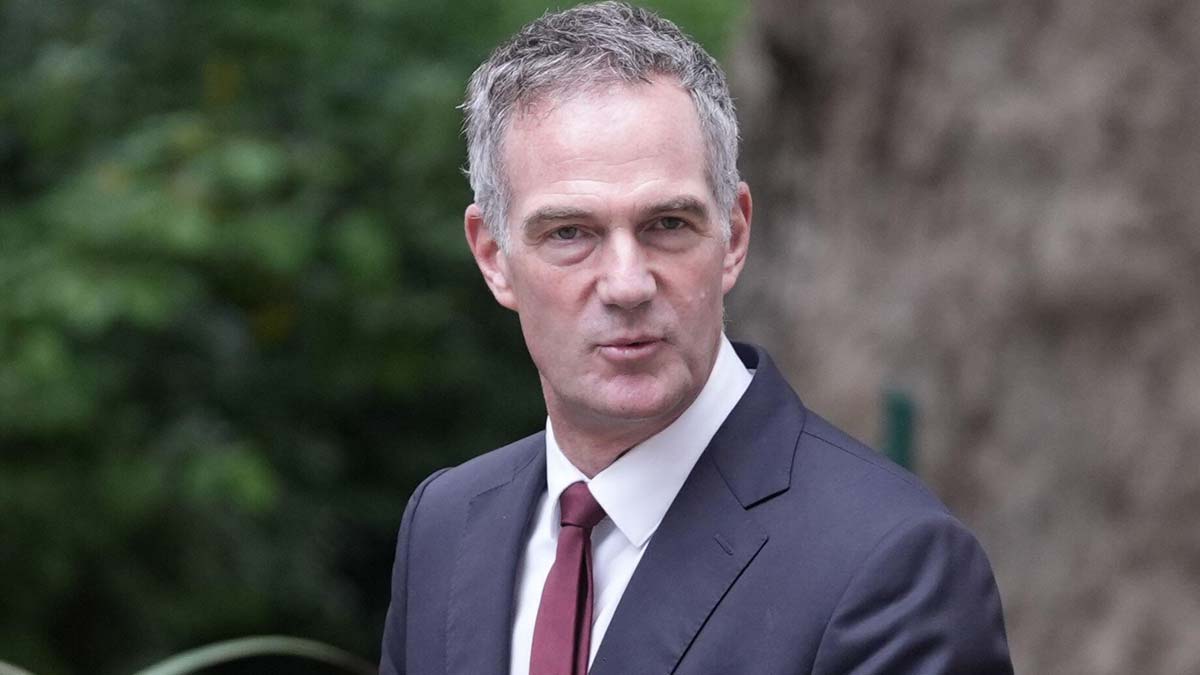MPs reject Lords’ amendments to Employment Rights Bill
Failure to prevent fraud: Only 29% training staff on new criminal offence
Only 29% of UK organisations have delivered training on the failure to prevent fraud, the new corporate criminal offence.
The rise in ‘workplace fawning’ and how it’s mistaken for team spirit
Workplace ‘fawning’ – or extreme people-pleasing behaviours to avoid conflict – is a growing behavioural trend, and is especially being...
Right to request flexible working has had limited impact
The ‘right to request’ that employees now have to ask for flexible working has only had limited impact on how...
Agency workers

Agency crackdown won’t cure NHS staffing crisis alone
With the Recruitment and Employment Confederation urging the government to rethink its proposed ban on agency staff working in the...

Petition calls for rethink on NHS agency staff ban
Petition calling on government to stop plan to ban agency staff in NHS attracts thousands of signatures.

Court of Appeal rules that Ryanair agency pilot is worker
A Ryanair pilot has won a landmark legal victory on agency worker status at the Court of Appeal.
Absence

Civil service absence on track to report record high
Absences in the civil service could be up to more than eight days per worker per year, according to sickness data published by departments.

Top 10 HR questions July 2025: Unauthorised absence
The top HR questions in July 2025 include one on what to do if an employee fails to turn up for work.

With HR absence rising, is your people team at risk of breaking?
When ‘the people team’ – HR – breaks, the whole business suffers. Tracey Paxton makes the case for why HR...
Performance management

The rise in ‘workplace fawning’ and how it’s mistaken for team spirit
Workplace ‘fawning’ – or extreme people-pleasing behaviours to avoid conflict – is a growing behavioural trend, and is especially being...

Right to request flexible working has had limited impact
The ‘right to request’ that employees now have to ask for flexible working has only had limited impact on how...

Managing risk assessments for employees who are deaf or have hearing loss
Risk assessments for employees who are deaf or have hearing loss may not always be straightforward. But, writes Dan Morgan-Williams,...
Relationships at work

Report calls for ban on barristers’ sexual relations with juniors
Review of bullying, harassment and sexual harassment at the Bar recommends ban on sexual relations between barristers and juniors.

How to manage workplace investigations effectively
Following Nestlé’s dismissal of its CEO Laurent Freixe, Kate Kapp examines how organisations should manage workplace invesigations.

Nestlé sacks CEO over ‘undisclosed’ romantic affair
Swiss food and drink giant Nestlé has sacked its chief executive officer Laurent Freixe “with immediate effect” because he failed...
Work-life balance

The rise in ‘workplace fawning’ and how it’s mistaken for team spirit
Workplace ‘fawning’ – or extreme people-pleasing behaviours to avoid conflict – is a growing behavioural trend, and is especially being...

Staff prioritise work-life balance and boundaries – research
Almost half of employees say that work-life balance is their most important priority, according to a poll by Reward Gateway|Edenred.

Engineers prioritising benefits over pay
More than half of engineering professionals would happily trade higher salaries for better benefits, more meaningful roles or improved work-life...
Workforce planning

Agency crackdown won’t cure NHS staffing crisis alone
With the Recruitment and Employment Confederation urging the government to rethink its proposed ban on agency staff working in the...

How to stop flying blind with workforce planning
How can HR keep up with rapidly changing job specifications and skills needs when it's so hard to predict what the future of work looks like?

UK large companies’ succession planning is weak – research
A lack of succession planning has led most of the UK’s largest listed companies to chose external candidates as their new chief executive, a trend not seen elsewhere in Europe or in the US.


